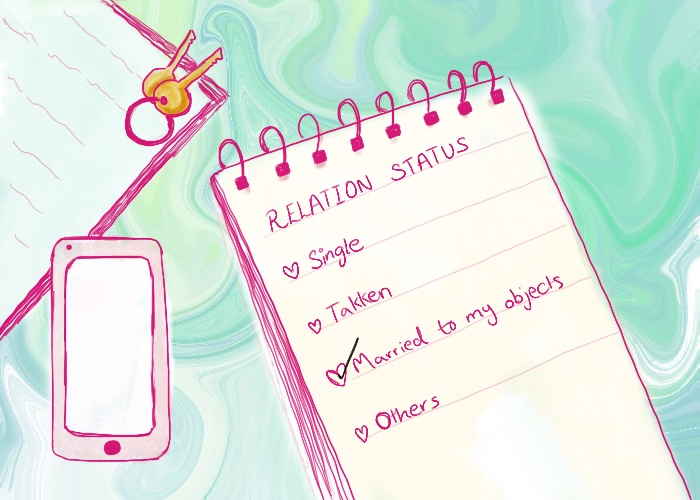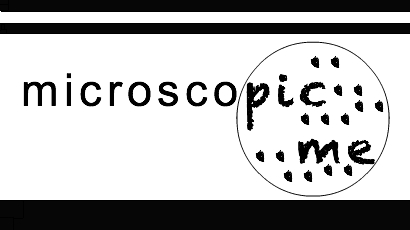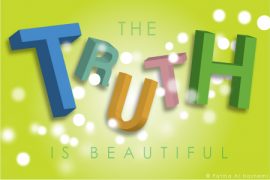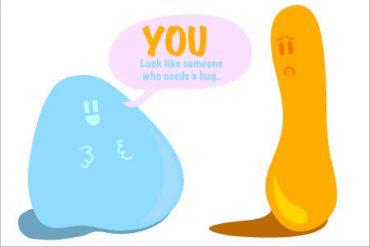There is nothing more real than the intangible aspects of mankind; pain, identity, consciousnesses, awareness, and our relationships with people rather than objects. The fact that we dwell on the material byproducts of life as indicators of being could be one of the main reasons why we face so many issues with our identity today.

Imagine this, waking up 10,000 years ago and heading straight to the fields since the domestication of plants and animals has been a new thing unlike the daily hunting and gathering your predecessors had to do. Fast-forward to 2019, you wake up and check your phone to see if your vegan cookies arrived from iHerb before brushing your teeth and getting ready for work. Oh and no worries about any religious warnings on goods spoiling the soul since you and your religious figure will probably be texting on the same iPhone before prayer and waiting on Souq.com to deliver your wireless headphones so not to seem outdated while sitting in the mosque.
In our fast-paced lives today, we check our appearance multiple times whether we suspect something is wrong or for the simple fact that there is a mirror in the elevator, but when it comes to our souls and identity, do we ever check their status or track their well-being?
– “Where do I stand spiritually?”
– “What are the components of my identity?”
Surely that car you’ve been thinking of doesn’t define you nor does that job position make you spiritually aware. It seems today that whatever brings in money has been wrongly woven into our identity as if it was an essential component, and since it isn’t, many of us will constantly feel like “something is missing” if we don’t buy certain products, or merge ourselves into the masses to fulfill a false sense of self we fail to obtain on our own.
At the beginning of the Consumer Revolution in the 18th century, religious figures had warned the society that the mass consumption of goods was sinful; they named it greed. Regardless of the sinfulness, we can see the downside today where people once went to war to spread their faith now go to war for economic gain. Historically social revolutions were in favor of enhancing the wellbeing of the public, while today social revolutions work in favor of creating a public codependent on consumption by all means possible. Consumption has become part of the modern person’s identity and tangibles have sadly become the reality.
After all, there is nothing more real than the intangible aspects of humanity; pain, identity, consciousnesses, awareness, and our relationships with people rather than objects. The fact that we dwell on the material byproducts of life as indicators of being could be one of the main reasons why we face so many issues with our identity today. We should ask ourselves before buying any item “What need am I trying to gratify and is this the correct way?”



